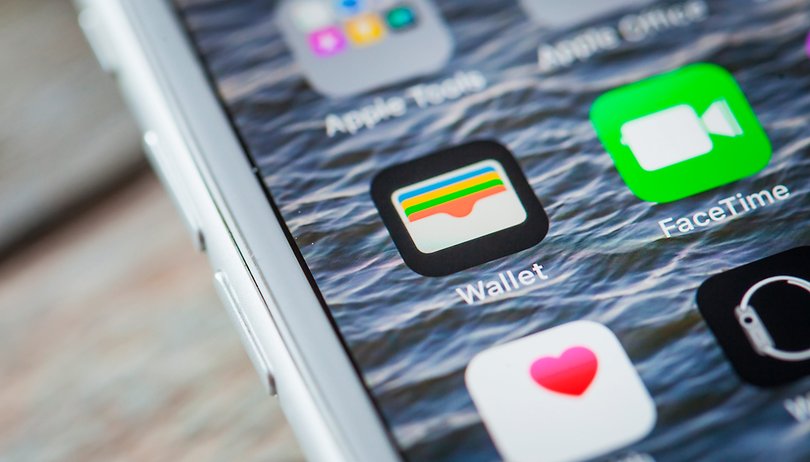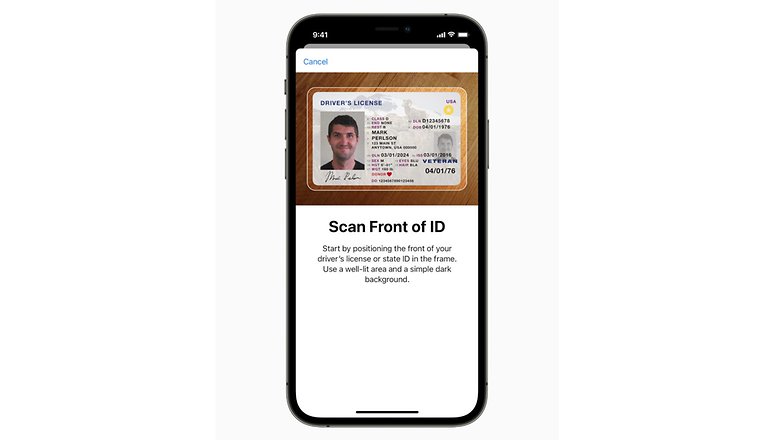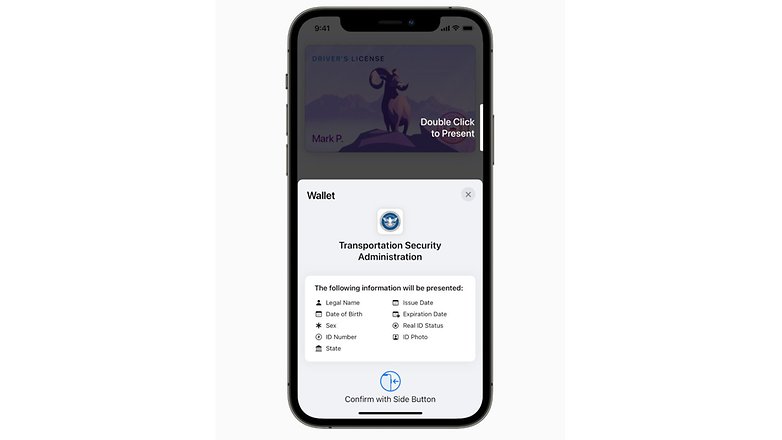Apple Wallet will allow you to store your ID, but at what cost?


Apple Wallet, that is due to launch in several states soon, will require taxpayer money to keep running, while the company waivers a large amount of responsibilities.
TL;DR
- Apple is rolling out a new feature allowing users to digitally store their Identification Documents.
- The contracts oblige states to maintain the necessary systems for the feature.
- Apple maintains "sole discretion" over key points of the project.
Apple's new features of Apple Wallet that will allow for digital person identification, has raised concerns among experts, after it was revealed that contracts Apple has signed with four of the states, basically puts the price of new features on taxpayers.

Apple Wallet will allow users to store their driver's license and other documents in their devices in an effort to decrease fraud while also increasing user experience in various in-person and online settings. Yet this requires a large, co-ordinated digitalization effort which is expectedly costly, but Apple, a $2.08 Trillion company, is not willing to pay for it.
According to CNBC, a large part of the cost falls upon states, that will have to create the new systems in order to support the features requested from Apple, as well as hiring or repurposing personnel to answer to the company's inquiries.
This means that taxpayers of Georgia, Connecticut, Arizona, Iowa, Kentucky, Utah, Oklahoma, and Maryland will have to pay part of the expenses for the new features Apple is requesting, like free access to new digital IDs for any new or renewed IDs holders as well as the future maintenance and adoption costs of said features.
The contracts also reveal that Apple is waiving a large part of its responsibilities on the project while also maintaining increased control over the goals, features, device compatibility and eventual rollout. Specifically, the company is not responsible for the accuracy of the provided information, but it is unclear whether it can monetize it.
Apple basically decides when the service goes live, sets the performance goals for it and oversees the project, while the states are responsible for marketing and pushing the service for adoption in services that require regular ID checks, like local law enforcement, which represents the majority of the costs.
- Looking for a secure messaging app? Threema & Signal compared: Safe and secure!
Analysts were quick to point out the potential issues around these contracts, that are also surrounded in the secrecy of endless NDA's that are customary for Apple. Among these issues were the "sole responsibility" of the company to designate compatible devices, the use of a security ISO standard co-developed by Apple, and others.
Looking behind the lines: What is Apple aiming to achieve?
My first thoughts on Apple's move are that the company is trying to position itself for a new ecosystem monopoly. As it is obvious, Apple is not just organizing the endeavor, but taking crucial design decisions on how these platforms work, setting the standard for all similar future projects.
This basically gives Apple's ecosystem, an official seal of authority over all others. What must be kept in mind is that the technical details (which Apple has the sole responsibility of), will define how the new digital registration platforms are utilized, what data is available, at what price and to whom. Will third parties that require ID checks have to pay to use Apple Wallet services to access the ID registry?

Deciding device compatibility is in my opinion the biggest outlier of Apple's intentions. The device manufacturer will basically be able to set standards for future competition and decide which devices are compatible with features funded by even non-Apple users. With this move Apple is entering a perpetual money making scheme, that of digital wallets, and can also decide who can participate in it or not by design.
What is alarming, is the fact that the way to terminate these contracts from the side of the states is nonexistent. Only if Apple breaches the terms can states free their platforms from the oversight of Apple, which leads me to the conclusion that Apple is effectively playing the rule-maker, the referee and the sole profiteer from a sensitive safety and security issue that states should have the first and final say.
And what about people who are not part of the Apple ecosystem? What price will they have to pay for comforts they do not enjoy?
Would you store your Driver's License in your device if it translated to faster verification?
Via: BBC Source: Fintech Business Weekly, CNBC













